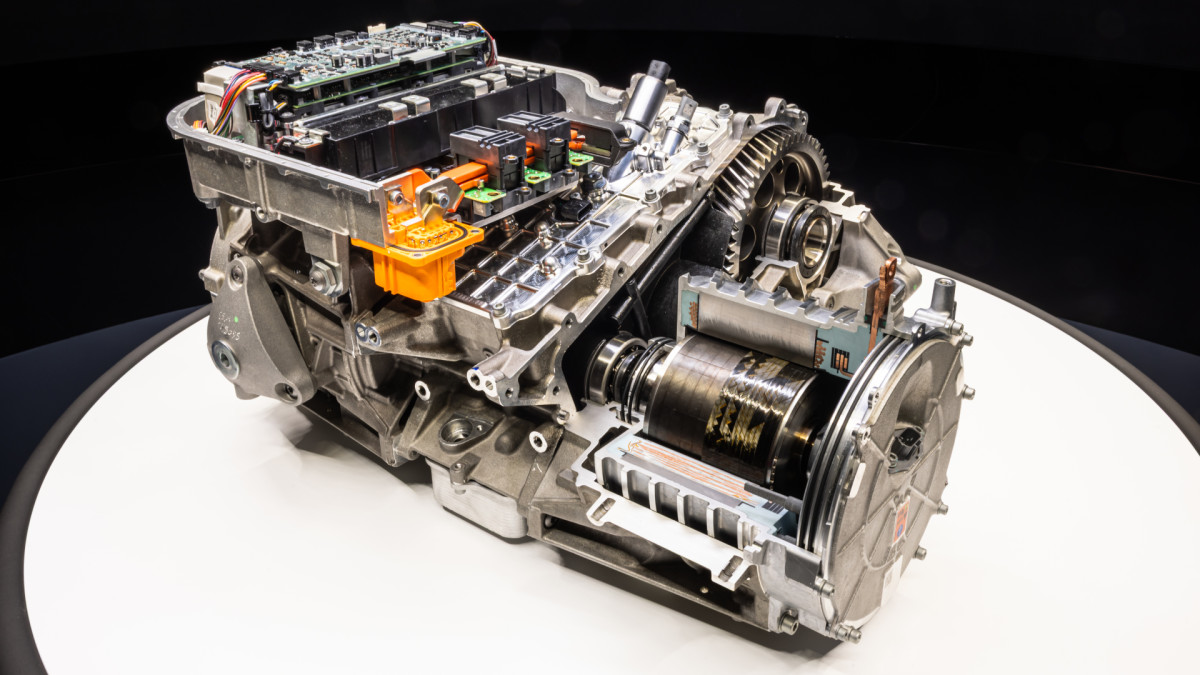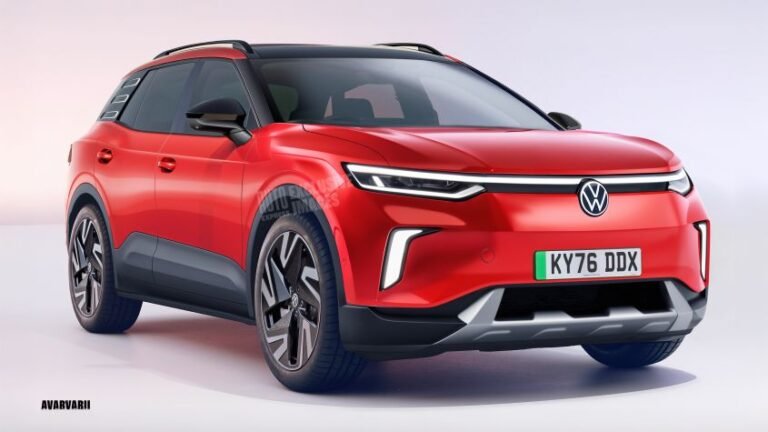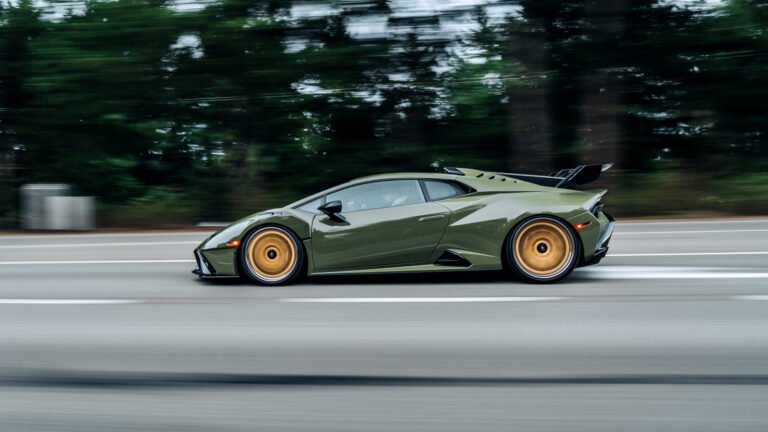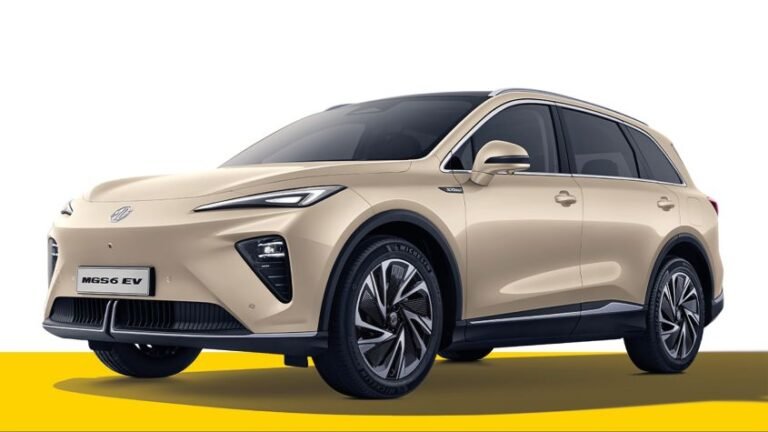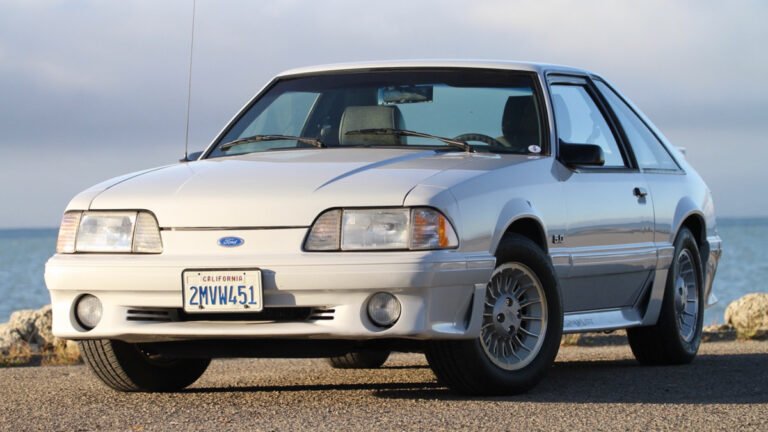
With EV sales widely expected to tank now that federal tax credits have ended, automakers from around the world are rethinking their commitments to the technology. In recent weeks, we’ve gotten word models like the Nissan Ariya, Acura ZDX and Volvo ES90 will either be pulled from production or won’t make it to the U.S. market.
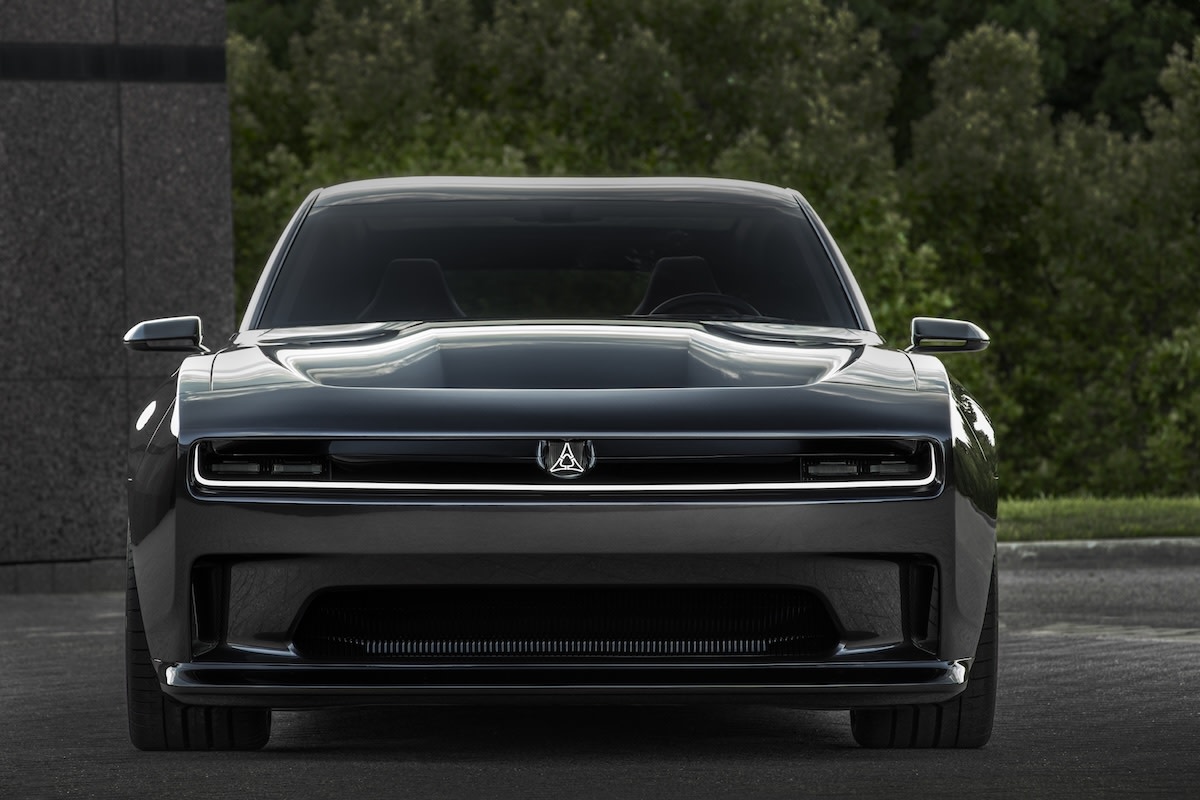
Other EVs are being delayed or, in some cases, will now be offered alongside gas or hybrid options, as Dodge has done with the Charger and Charger Daytona muscle cars. Here’s a look at how electrification plans are changing for a wide array of automakers from around the world.
Acura
The Acura ZDX – developed as part of a Honda-General Motors joint venture – was intended to charge up Honda’s up-market sibling, but it failed to light things up and, as of the end of last month, came unplugged. That’s not to say Acura will be out of the EV market for long. The new RSX will debut next year, sharing underpinnings with the Honda 0-Series line developed in-house.
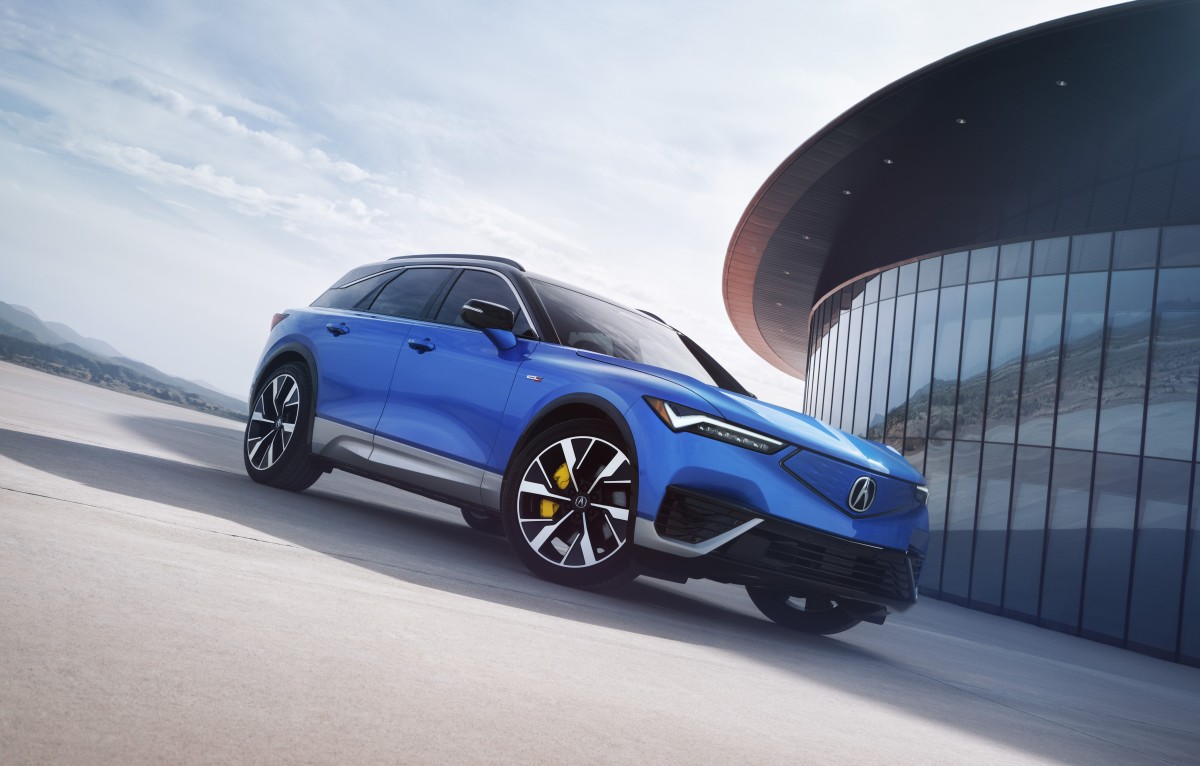
Acura
Aston Martin
Aston’s EV strategy has gone through a series of changes since it early on announced the revival of Lagonda as an EV-only sub-brand. The first Aston-badged EV was scheduled to launch by next year but likely now won’t make it to market until at least 2027 – or later. Still, a partnership with U.S.-based Lucid indicates Aston still is serious about electrification. More immediately, look for both ICE and PHEV options.
Drew Phillips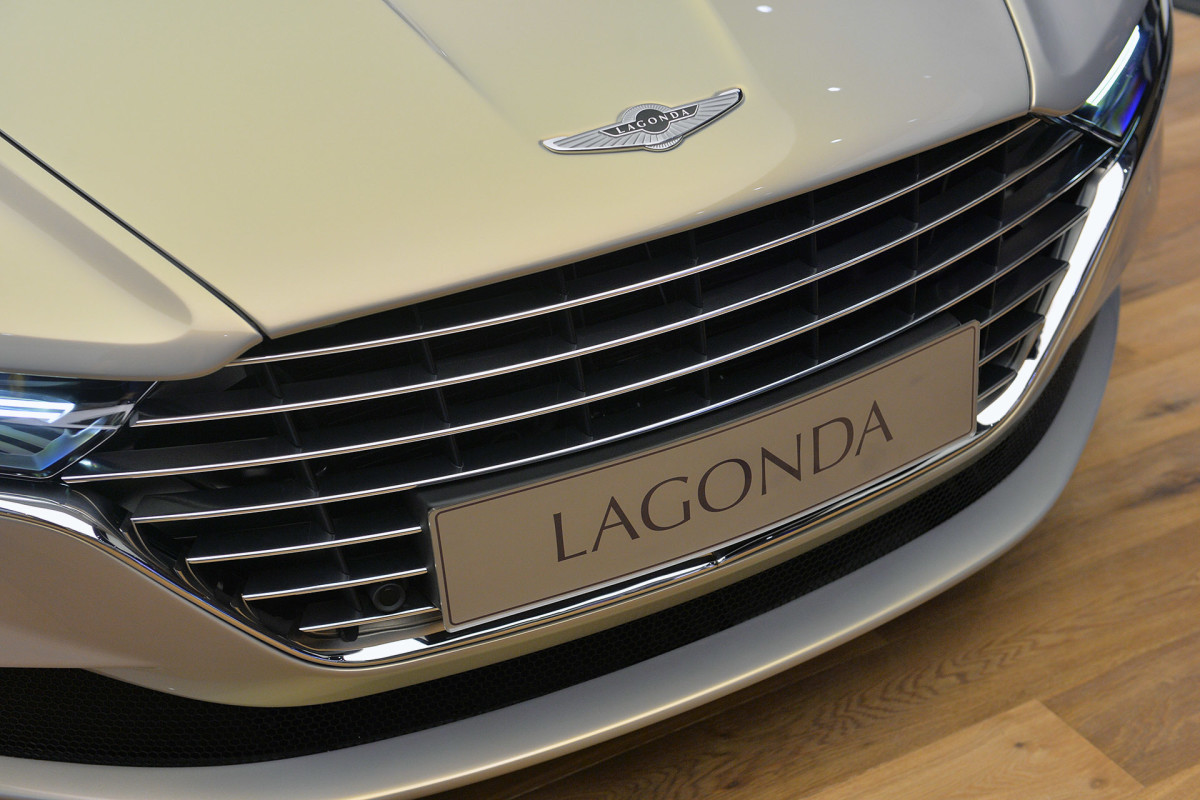
Bentley
Bentley’s plans to become an all-EV manufacturer have been delayed from 2030 to 2035, at the earliest. Blaming slowing EV sales, CEO Frank-Steffen Wallise said the British marque will continue delivering a mix of ICE and PHEV products until at least then.
Adam Lynton/Autoblog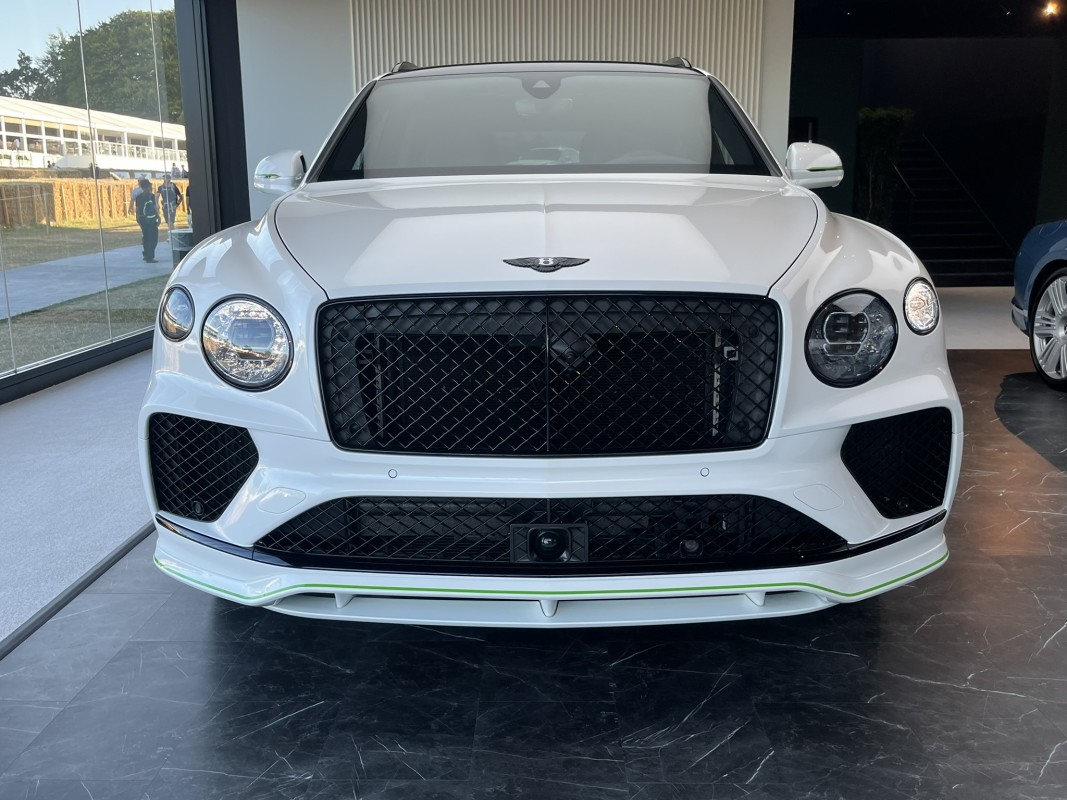
Ferrari
The Italian automaker’s first EV, the Elettrica, is set to arrive about a year from now. But it is delaying the launch of a second electric sportscar until late this decade.
Ford
Ford’s EV plans have gone through some radical changes that, among other things, will see a multi-year delay in the opening of Blue Oval City – which was to have become its largest-ever manufacturing complex. In turn, the replacement for the F-150 Lightning will fall well behind schedule, while several high-end EV programs were scrapped by CEO Jim Farley. But he’s given the go to a line-up of “affordable” products, based on the new “Universal EV” platform, set to go into production two years from now at a plant in Louisville.
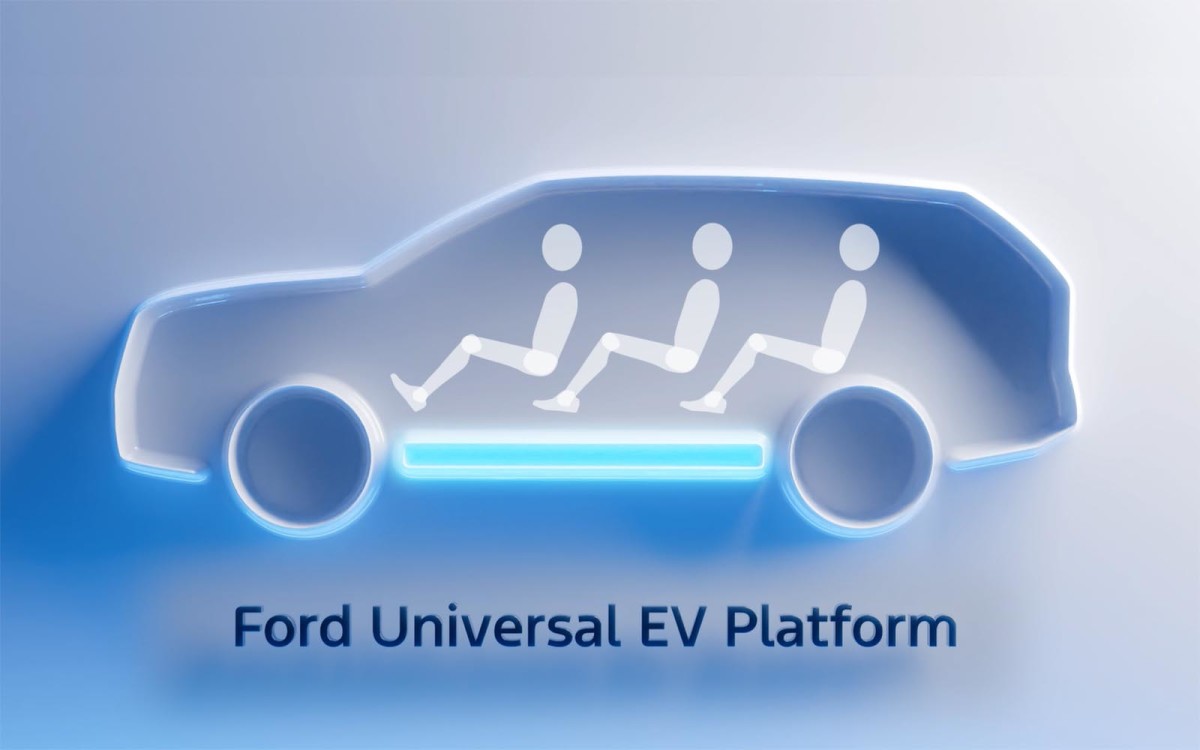
General Motors
“GM is on a path to an all-electric future,” insists CEO Mary Barra. It will just take longer than expected to get there. Some delays are reportedly under study and GM some time ago said it would add hybrid versions of some of its larger products where range and towing concerns threatened to minimize consumer demand.

Hyundai Motor Group
The Korean carmaker’s three brands, Hyundai, Genesis and Kia, continue to march forward with what is promised to be an “avalanche” of new EVs, including the Kia EV4. Expect more of a focus on affordable models, while others may face delays. Also expect the group to place more emphasis on hybrids of various forms.
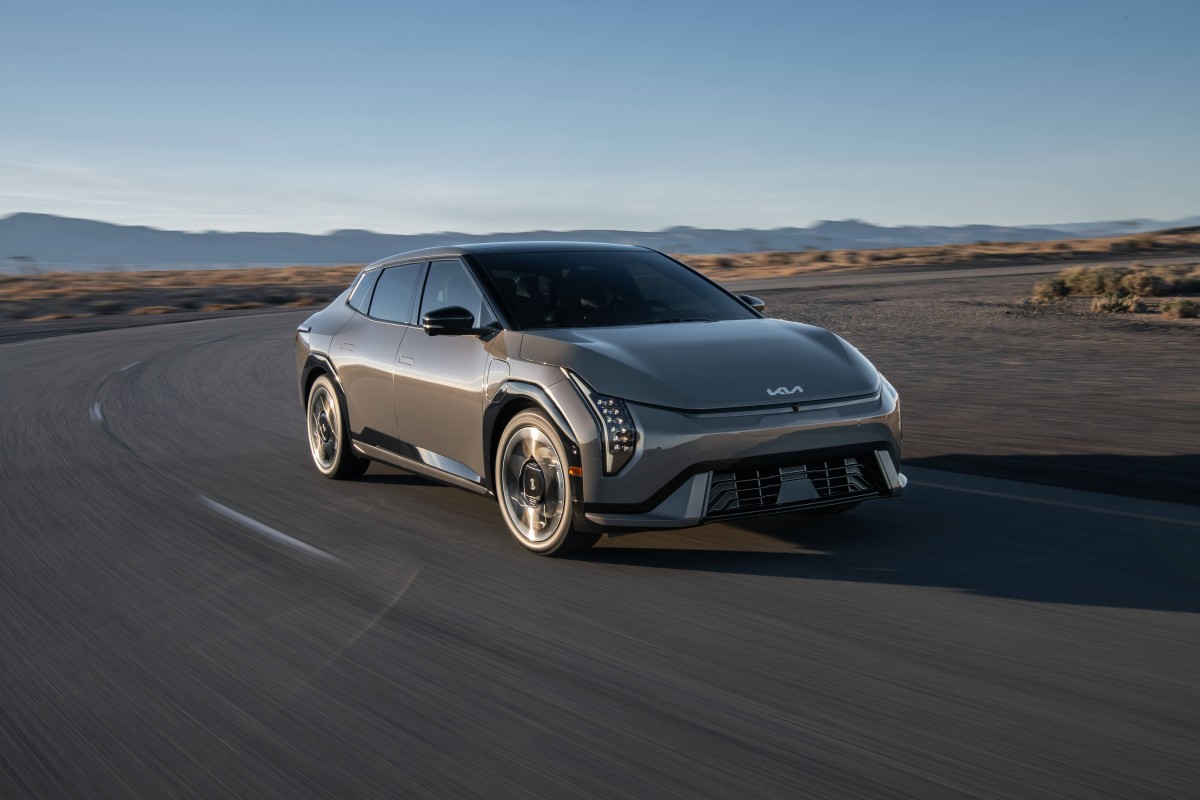
Kia
Jaguar Land Rover
Jaguar’s Bold Type 00 Concept certainly created a lot of buzz, and the brand is still set to go 100% electric, though the pace of the rollout may be slowed, especially due to cash flow problems worsened by a cyberattack that shut its factories down for six weeks. The Land Rover arm postponed the debut of its first EV in July, according to the Guardian.
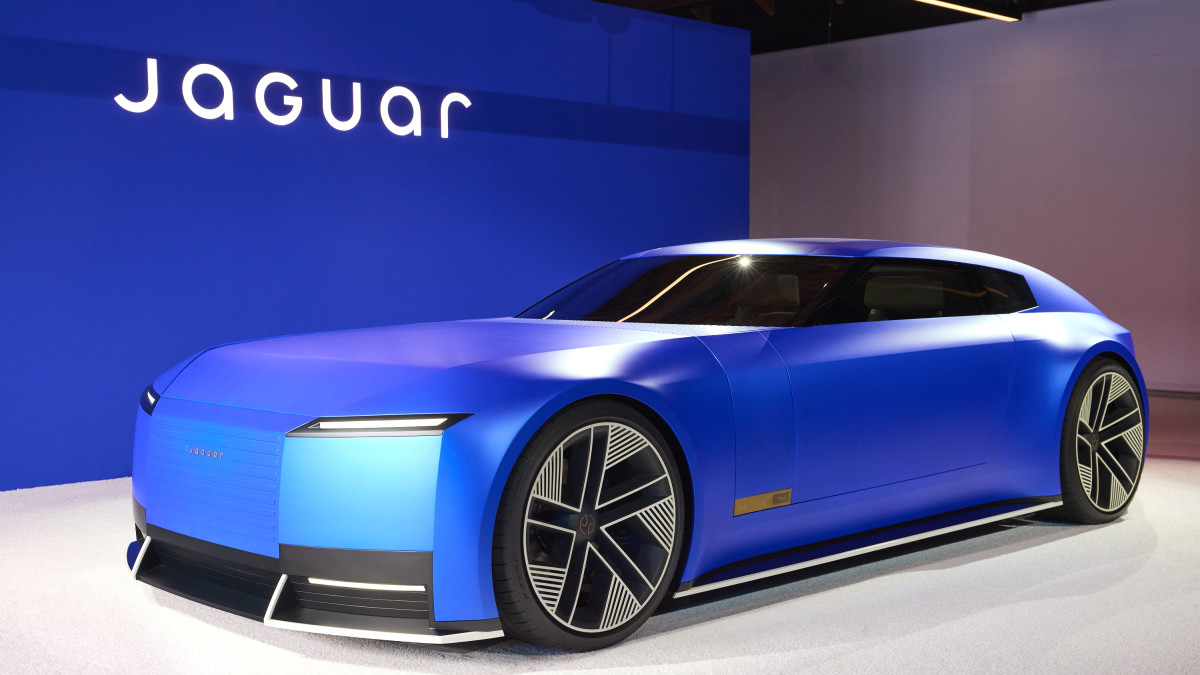
Jaguar
Lamborghini
The Italian automaker joins exotic competitors Ferrari and Aston Martin in rethinking its push into EVs. Lamborghini will delay the Lanzador, originally scheduled to launch in 2028 by at least a year. It meanwhile is floating the idea that the electric sports car could emerge as a plug-in hybrid, rather than a full EV – though it’s also possible both options will be offered.
Lamborghini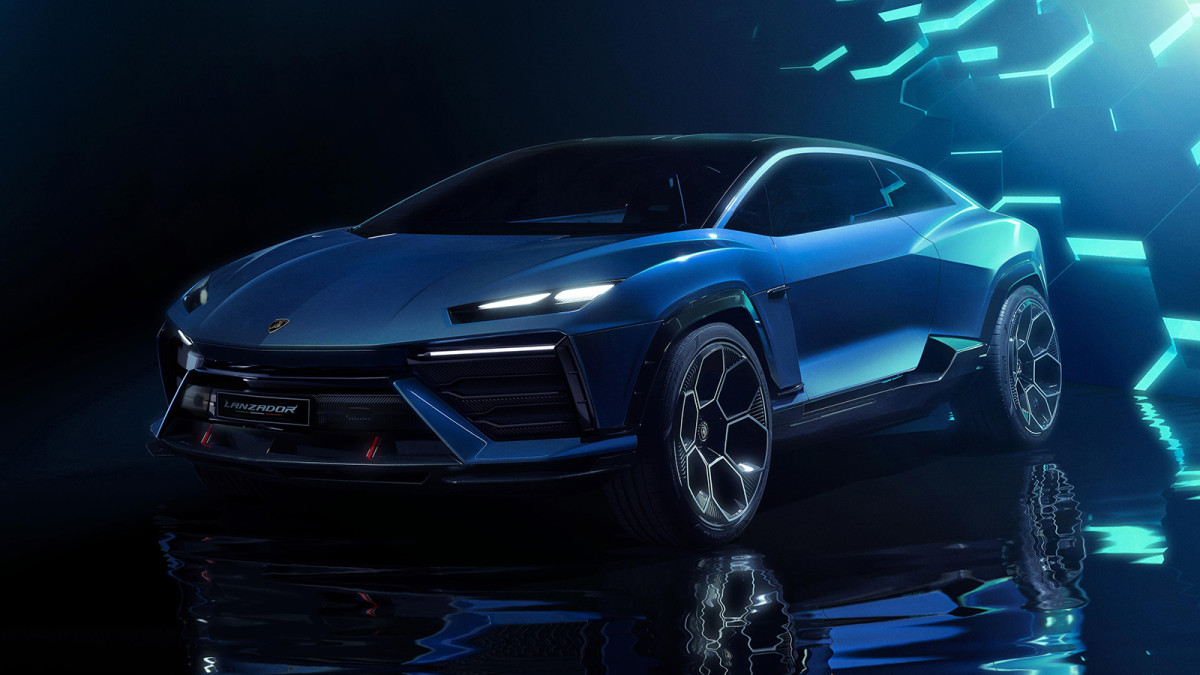
Nissan
Nissan’s original 2011 Leaf was the first mass market battery-electric vehicle. And it’s getting a complete makeover for 2026. But the brand’s second EV, the Ariya, will vanish from showrooms in 2026, Nissan wavering when asked whether it could later return. The automaker also scrapped plans to produce EVs – for both the Nissan and Infiniti brands – at its Canton, Mississippi assembly plant. Instead, it will go with a revived Xterra SUV with a hybrid drivetrain. Expect to see a number of new models using the e-Power hybrid system in the coming years.
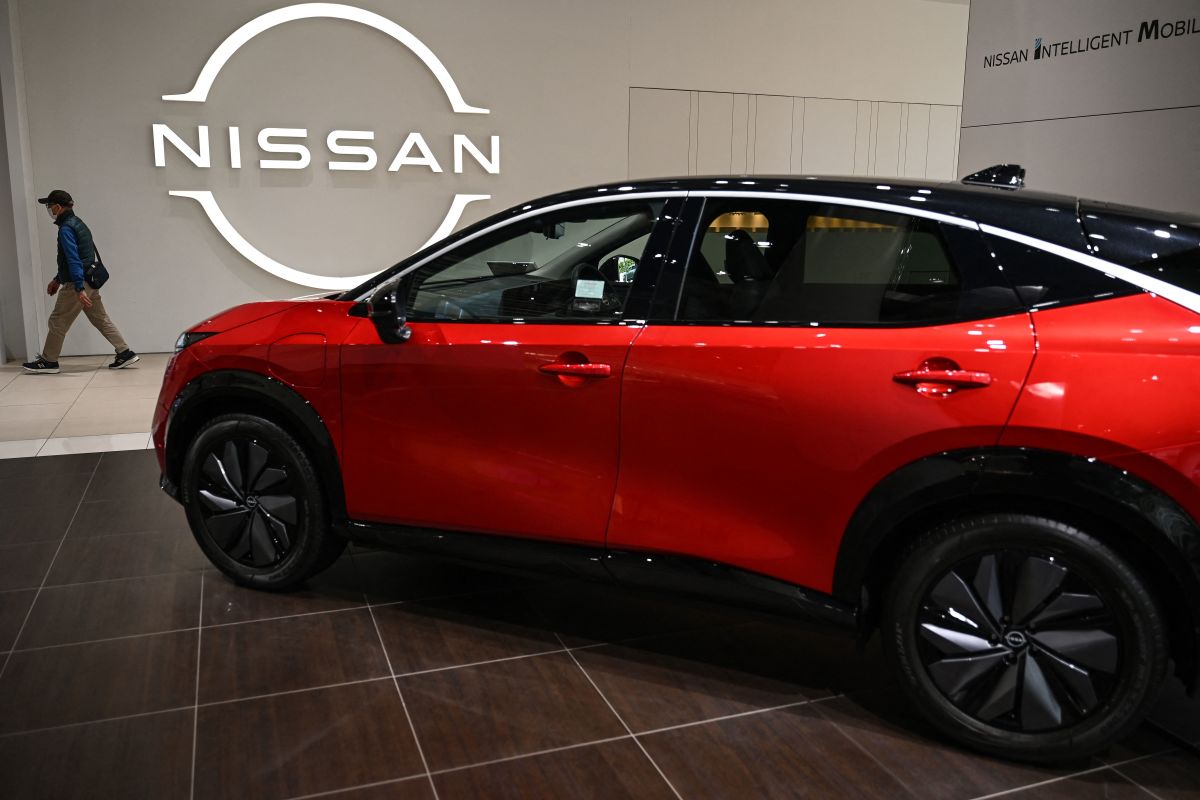
Porsche
The future of Porsche electrification strategy is a bit uncertain, the automaker has indicated it is slowing things down and will continue to deliver ICE, HEV and PHEV packages for at least another decade. “Nevertheless, the existing all-electric model range is being continuously updated,” Porsche’s statement said. “With the Taycan, Macan, Cayenne and the future two-door sports car in the 718 segment, there will be an attractive BEV offering.”
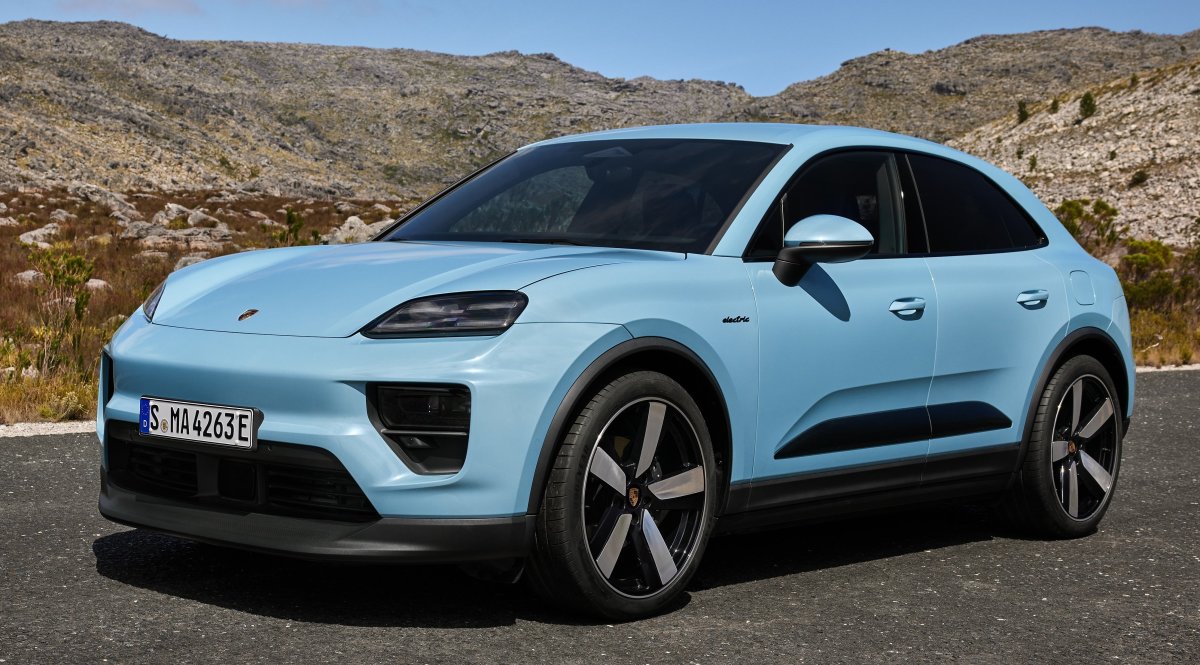
Stellantis
With more than a dozen different brands, Stellantis had worked up a complicated mix of different powertrain options under former CEO Carlos Tavares – but much of that is in flux under his successor, Antonio Filosa. An all-electric version of the Ram 1500 pickup is the first casualty, though the electric Dodge Charger Daytona’s ultimate edition, the Banshee, also appears to be dead. The Jeep Recon may now get a gas option, like Charger, or even a hybrid package. Stellantis is moving ahead on hybrids, plug-ins and range-extenders, though it has also dropped the Jeep Gladiator 4xe. Among European brands, its canceled the EV version of the Maserati MC20. More changes at Maserati and Alfa Romeo are expected.

Toyota
The Japanese giant is the poster child proponent of a “multi-pathway” powertrain strategy, with EVs, HEVs, PHEVs and even fuel-cell vehicles. It’s got three EVs in Toyota brand stores for 2026, including the new C-HR and bZ Woodland. More are coming, including a three-row Highlander EV – but it’s been delayed to no earlier than 2027. Lexus has also delayed EVs based on the LF-ZC and LF-ZL concepts.
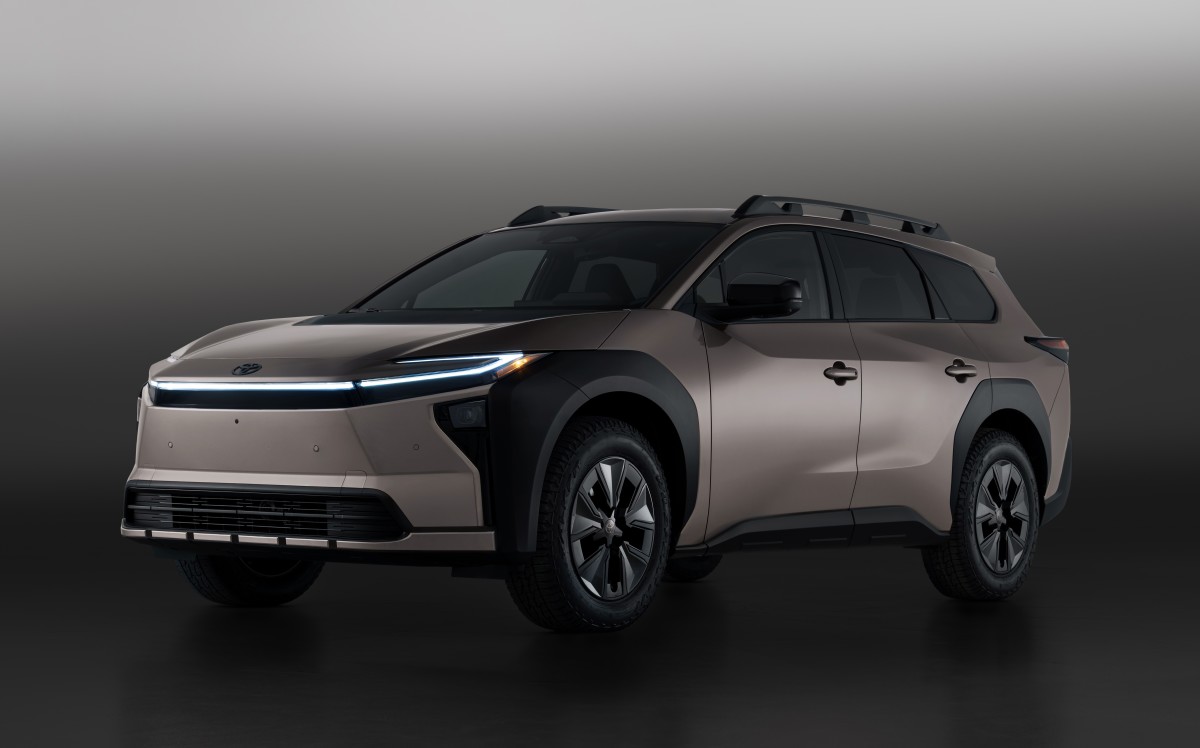
Toyota
Volkswagen
Struggling to build momentum for its original ID4, Volkswagen previously canceled plans to bring the ID7 to the U.S. – among other models once expected to find room in American showrooms. There are delays of other global models, including the all-electric ID.Golf, and the next-generation EV platform, dubbed Trinity, likely won’t be completed before 2032. But VW has invested $5.8 billion in U.S.-based Rivian to gain access to its centralized and lower-cost electrical architecture which should first reach the U.S. in the electric Golf.
James Riswick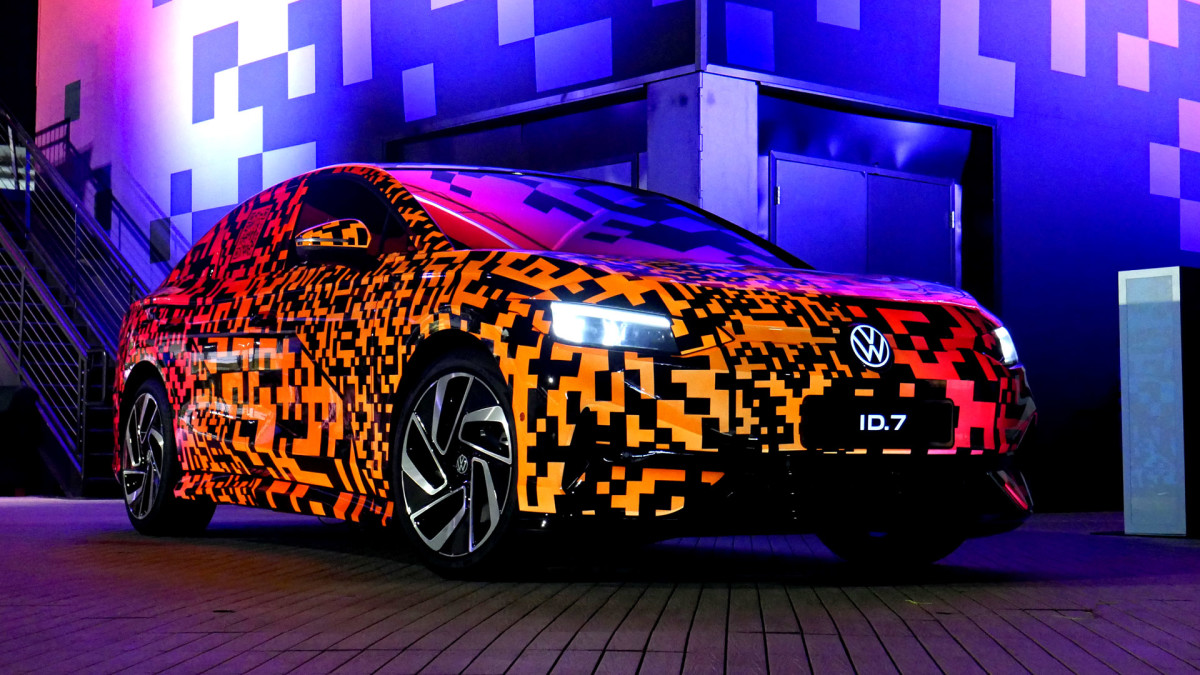
Volvo
The Swedish automaker’s EV plans have been complicated by the fact that it’s actually owned by China’s Geely – which had planned to export many future EVs from that market. Facing 100% tariffs, Volvo was forced to shift production of U.S.-bound EX30 models from Zhangjiakou, China to Ghent, Belgium. And it’s pulled the plug on a U.S. version of the ES90, set to be its flagship sedan. Software problems, meanwhile, catch blame for delays with the EX90 crossover. But Volvo officials insist that, even while delaying the phase-out of ICE and hybrid technology, the brand’s future is all-electric.
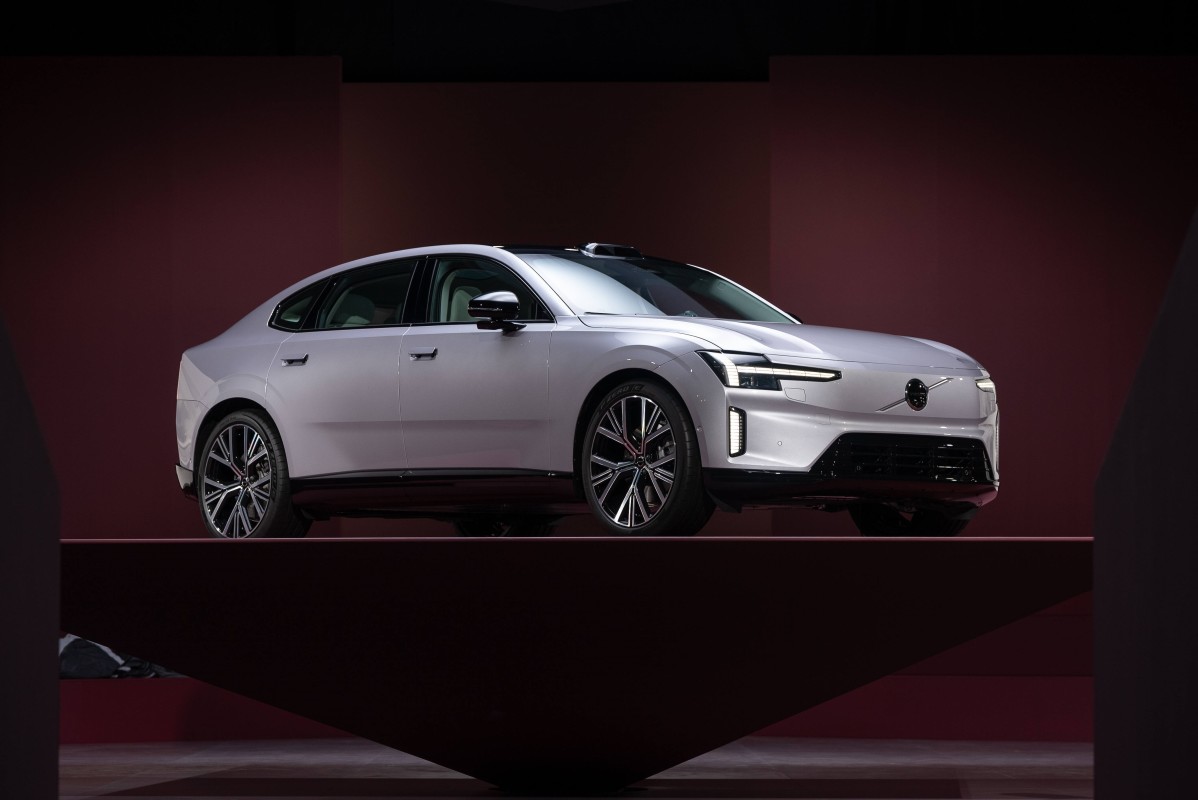
Volvo
